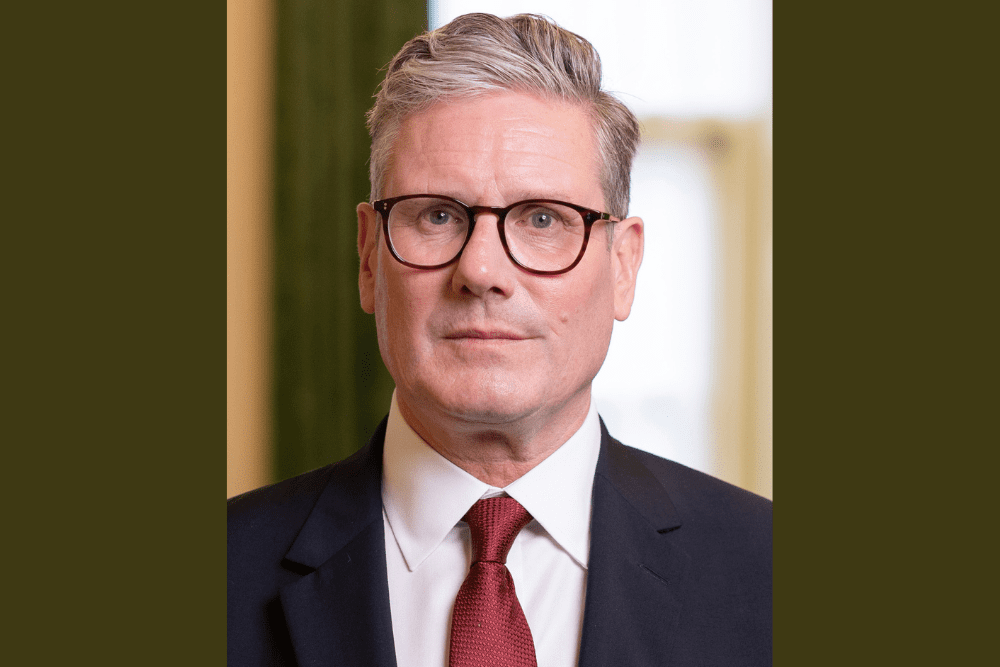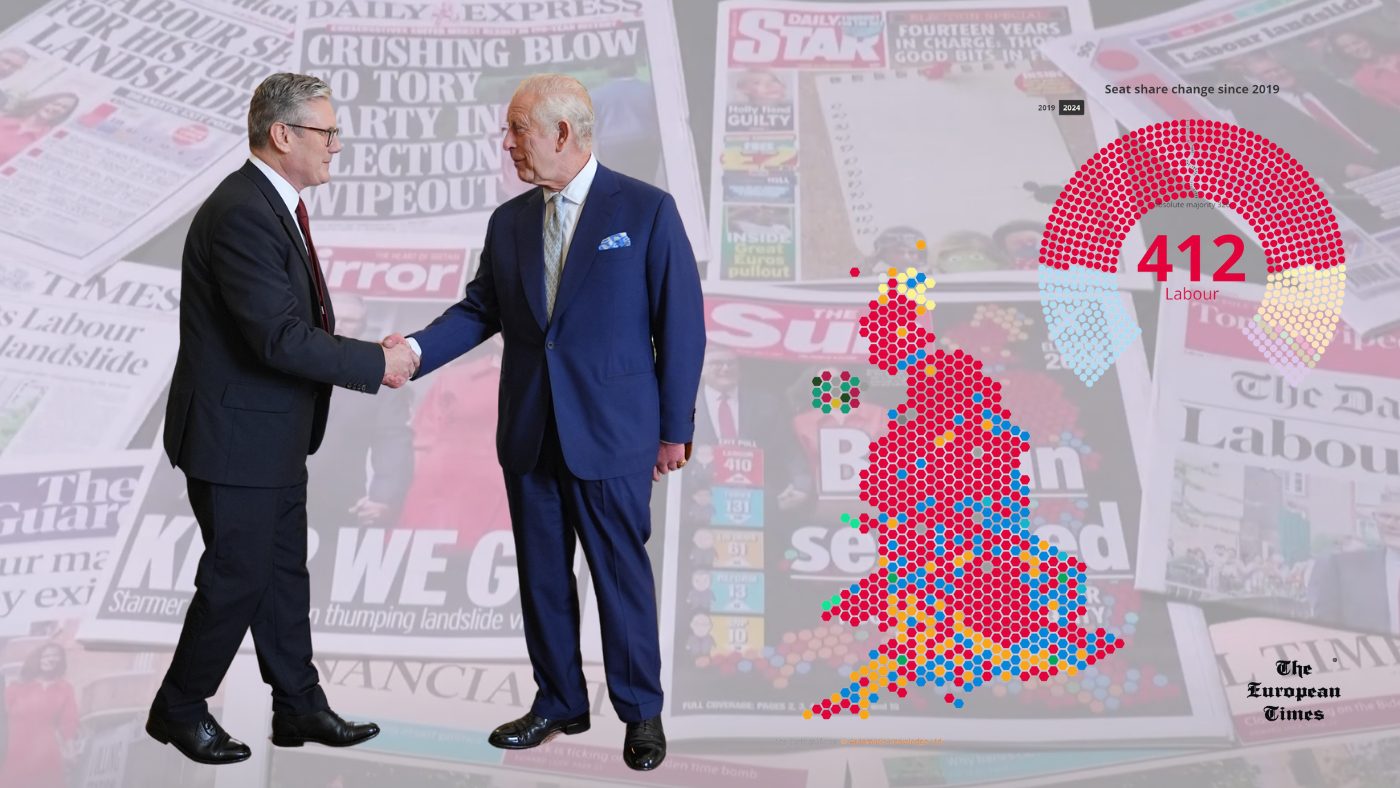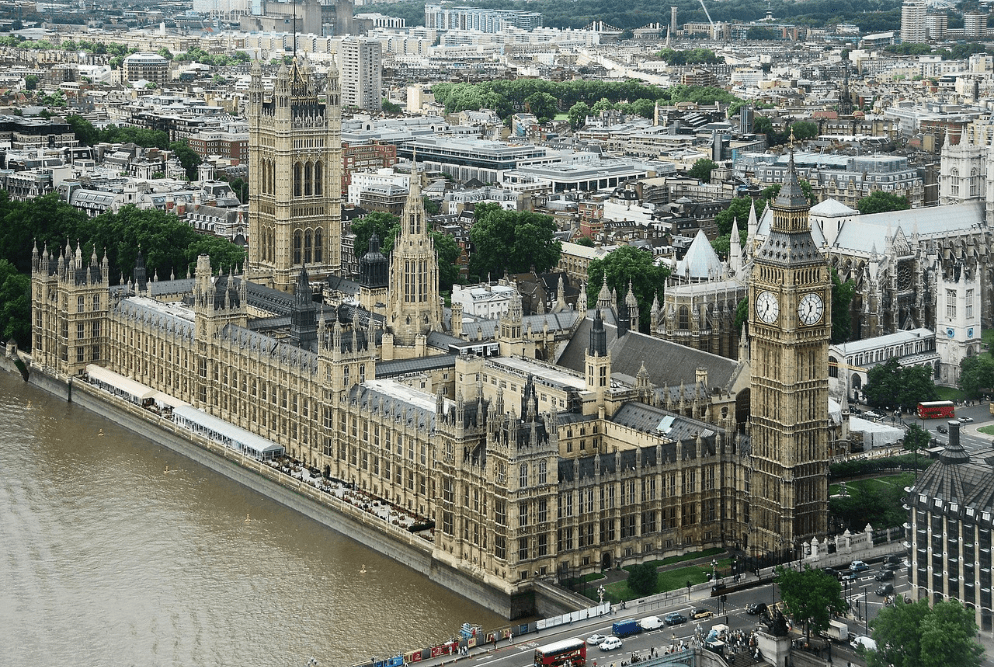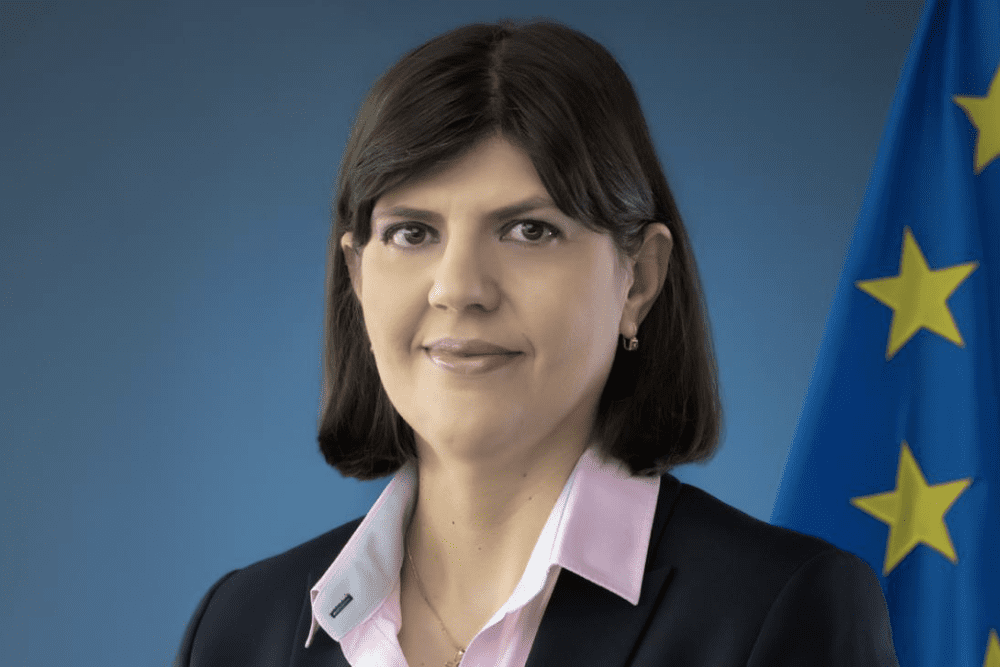UN High Commissioner for Human Rights Volker Türk reported increasing restrictions on civic spaces, urging stakeholders to reverse course.
“My Office (OHCHR) continues to receive reports of detentions as election day approaches, including of supporters and members of the opposition,” he said, addressing the Geneva-based Human Rights Council.
“This does not augur well, and I urge a change to such practices.”
Key opportunities
Venezuelan Presidential elections are scheduled for 28 July, while local, regional and legislative polls are planned for 2025.
These are “key opportunities to respect the people’s will”, Mr. Türk emphasized.
“Now, more than ever, a constructive and open dialogue among the people and with the institutions of the State is crucial to overcome the deep divisions and rebuild the social contract among Venezuelans,” he said.
Economic worries
In his briefing, the UN rights chief also expressed concerns over economic conditions.
He said that despite official figures indicating a 5 per cent growth in gross domestic product (GDP) last year, Venezuelans “still face serious obstacles” accessing food, health and education.
Women, people in rural areas and indigenous peoples are disproportionately affected.
He also cited reports indicating that almost three quarters of the country’s health centres lacked medical or nursing staff between July and August last year, while abortion continues to be criminalized, leading to unsafe procedures and resulting in maternal mortality and morbidity.
“I urge the authorities to take steps to address all of these concerns – on health, education, food, and dignified remuneration – in line with the State’s international obligations,” he said, calling also for lifting of sectoral sanctions that have exacerbated pre-existing human rights challenges.
Alarming numbers of femicide
High Commissioner Türk voiced concern over cases of femicide, noting that between January and November last year, 186 such cases were reported.
“Investigation into these killings is essential, as are much stronger prevention and response efforts. A protocol developed by the Office of the Attorney General is a first step but much more is needed,” he said.















